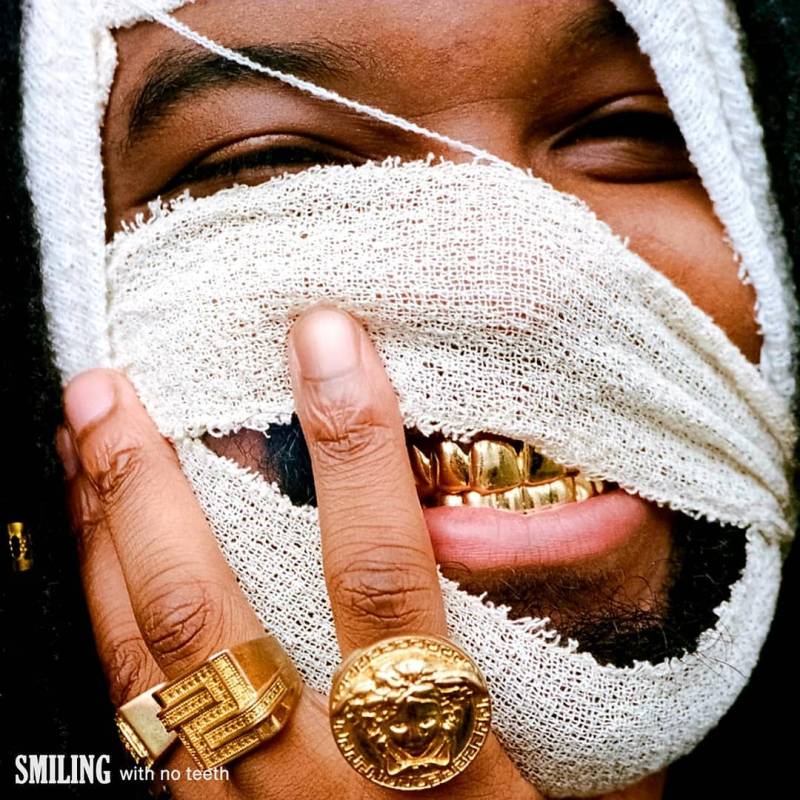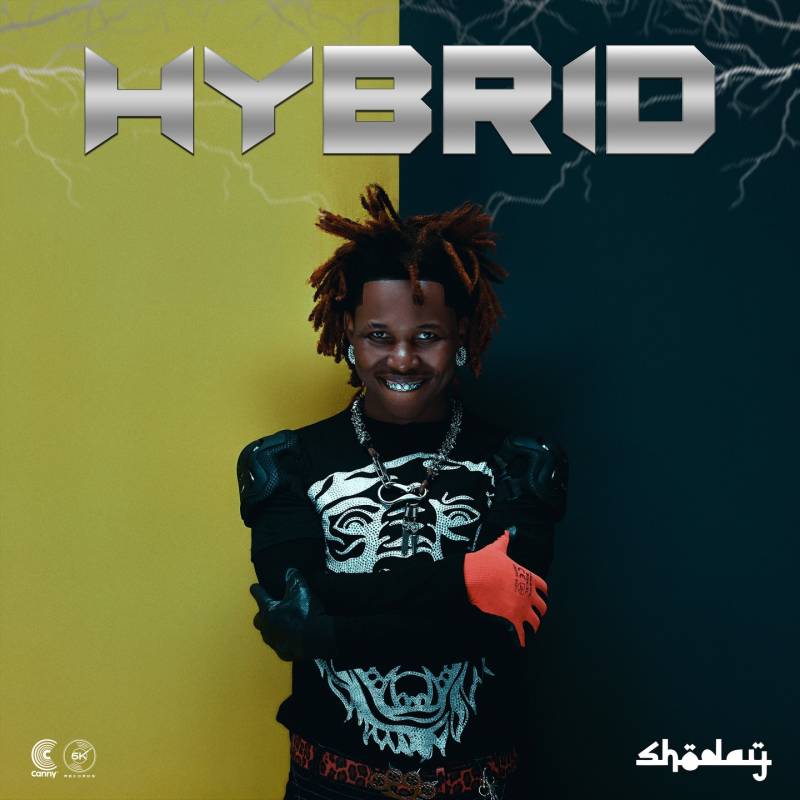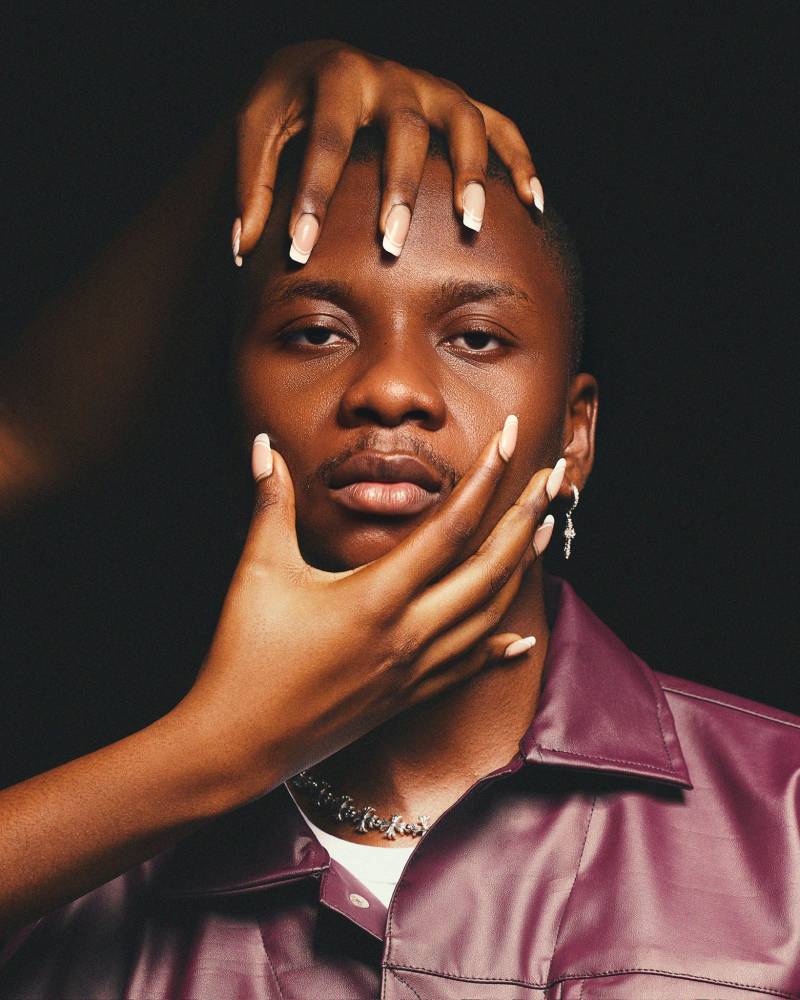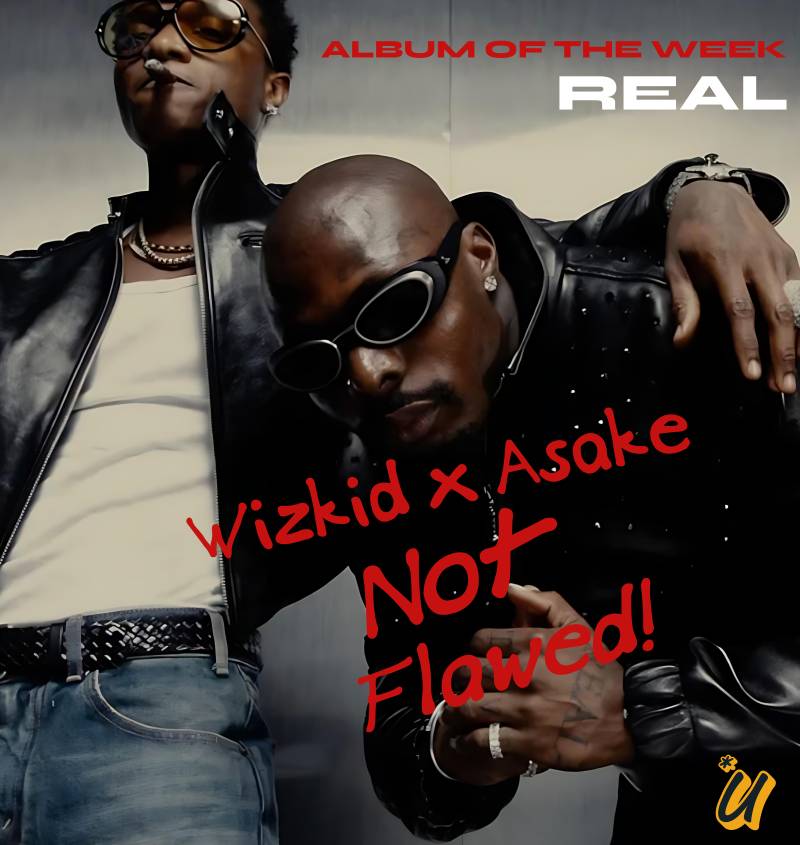Sure, there were some happy shock waves when Jon Batiste, the much-admired musical multi-hyphenate, unexpectedly picked up the most nominations by far — 11 — when the final candidates were announced in November for the 64th annual Grammy Awards. Despite this achievement, the instrumentalist, composer and “Late Show With Stephen Colbert” bandleader speaks in selflessly communal terms about his seeming designation as the Grammys’ flagship artist heading toward the Jan. 31 telecast.
“These nominations are a real affirmation of my belief that music is bigger than genre,” says Batiste from his “Late Show” dressing room at Manhattan’s Ed Sullivan Theater, the very room where he started the recording process for the genre-jumping 2021 album “We Are,” which landed the lion’s share of his Grammy recognition. The recognition is also for “Soul,” his Oscar-winning score for Disney/Pixar’s animated love letter to jazz, shared with co-composers Trent Reznor and Atticus Ross.
A Chip Off the Old Rock: Wolfgang Van Halen’s Grammy Nomination Pays Tribute to His Late Father, Eddie
“These nominations are an affirmation, too, that we’re moving closer to the truth of what music really is about. It’s not separations. Music is about bringing people together.”
Batiste’s sense of social justice and inclusion is always evident, bridging cultural and racial divides. Then again, awareness of his joyful music’s collective consciousness doesn’t mean he isn’t bursting with pride.
“In this 11-nomination year, it’s amazing that its scope goes across seven different categories,” says a noticeably delighted Batiste. “That’s the first time that’s ever happened.”
His stats check out. Although Michael Jackson received a record 12 nominations across six categories in 1984 (and Babyface did the same in 1997), Batiste’s 2022 noms stretch across seven categories, such as American roots, jazz, R&B and best music video.
Batiste is especially proud to be an album of the year nominee, since the other nine albums in that category “are either by music biz veterans or have huge machines behind them. We just cut through, though. That nomination, being that I’m someone who comes from jazz, is really something else. The spirit of jazz goes through all of the music that I make,” he says. Beyond jazz elements, “We Are” can be described more expansively as a jumble of New Orleans-based gospel, soul and rock ‘n’ roll, spliced into tales of family, justice and Black pride. It’s an album wide-ranging enough to include, at one extreme, the track “Whatchutalkinbout,” which he says is “16-bit video game sampling with punk and hip-hop.”
Speaking to the other extreme on the album, he describes himself as particularly pleased by the nomination he picked up for best classical instrumental solo for the track “Batiste: Movement 11.” “As a Black pianist from New Orleans who went to Juilliard – you just don’t ever see that, you know? But that’s not the truth of classical music. There is a history of great Black performers. My nomination is a huge step forward.”
Having spoken in the past about influences from the Meters to Thelonious Monk, Batiste riffs on classical inspirations — from Bach to Eubie Blake, from Bernstein to Sidney Bechet — with awe. “These composers showed me the potential of using the lineage of classical music and making it completely your own, making it an idiom of the 21st century,” says Batiste. “That’s what influences me: the transmutation of a tradition rooted in excellence.”
Putting aside the genteel decorum of classical, the album’s rocking highlight is “I Need You,” which happens to have the most killer bassline on the album. It was nominated for best traditional R&B performance. Batiste purrs like a kitten, recalling the pleasure of that pulse.
“You can hear that bassline in Duke Ellington, Elvis Presley, ‘Night Train,’ ‘The Mess Around,’” he says with a laugh. “That bassline’s rooted in the American idiom, but hasn’t been utilized in several years within a popular context. My goal with the sound of that record was to blend that early form of Black social dance music prevalent on the Chitlin Circuit with a contemporary R&B production concept. People get the essence of both, but neither is diluted.”
Batiste can’t speak about inspirations without including longtime mentors and fellow Grammy-nominated Oscar winners Quincy Jones and Herbie Hancock.
“I was born the year Herbie won the Oscar, becoming the first Black composer and the first jazz musician in that space,” says Batiste of Hancock’s best original score victory for “Round Midnight.” “Me coming in and being the second Black composer to do that, having these people who paved the way for me still here to talk to, that’s a blessing.”
Batiste believes that his Oscar-winning, collaborative “Soul” score bled into the recording of “We Are.” “At times I didn’t know what was influencing what. We feel music when it’s of-the-moment. Like a Basquiat painting, it feels inevitable. The authenticity, representation and lineage of Black music, how that is all reflected in modern music… that was a back-and-forth process for almost two years, between ‘Soul’ and ‘We Are.’”
Batiste made friends with Stephen Sondheim, who “was one of my biggest inspirations as a songwriter,” in the last year of the Broadway legend’s life. “I really felt that there was so much more I could have learned from him. Sondheim recently started to write me emails which I will forever cherish. I was on the precipice of getting an in-person version of everything I’d gleaned from him over this year. It is sad, but it is beautiful. We got together just in time for him to transfer the spiritual energy to me that he wanted to transfer.”
He grew up with the influence of video games on his creative process, much in the same manner Sondheim was inspired by puzzles and games. Batiste doesn’t shy from the concept of games when he speaks of where he fits within an industry that clearly appreciates him. While there has been no shortage of honors for him, this is a community where he’s had to play by other people’s rules, while building his own world.
“I think of fitting in the same way as I think of video games,” he says. “There are levels, right? The industry has different levels, whether it’s meeting a boss or being a boss in order to gain access to the next level. To win, you have to figure out some quandary. Imagine having lava and fireballs thrown at you — and imagine what it took to get there and succeed. This season, I am moving to the next level. The theme is something triumphant. Yet there is a greater test ahead. What I’m in now, with ‘We Are’ and ‘Soul’ and the Grammys, is a triumph before the next great test.”
SOURCE : variety




